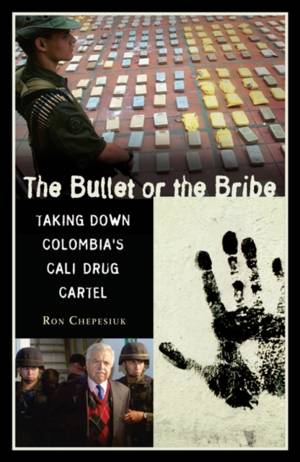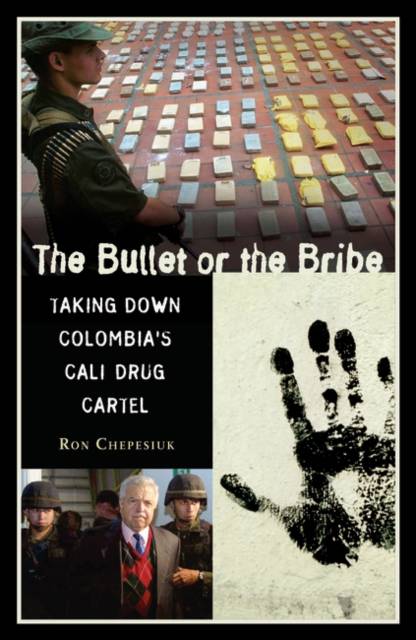
- Retrait gratuit dans votre magasin Club
- 7.000.000 titres dans notre catalogue
- Payer en toute sécurité
- Toujours un magasin près de chez vous
- Retrait gratuit dans votre magasin Club
- 7.000.0000 titres dans notre catalogue
- Payer en toute sécurité
- Toujours un magasin près de chez vous
Description
For more than 20 years, the Cali cartel saturated U.S. streets with cocaine, ruining neighborhoods and lives while reaping millions in cash. Efforts to combat the influx of drugs from Colombia were often stymied by the careful organization and execution of the drug trade. Through the use of bribery, terrorist structures, and legitimate business practices, the cartel rose to become a serious threat to Colombian society's fragile stability, while providing over 70% of the world's cocaine to various markets. It took more than two decades and a global effort, spearheaded by U.S. law enforcement, to topple this notorious criminal organization.
The rise and fall of one of Colombia's most notorious drug cartels is a story of how organized crime can function at the most sophisticated levels, yet still be taken down by the very forces it seeks to evade. This book vividly examines the Cali Cartel, providing unique insight into the history of international trafficking, organized crime, and U.S. drug policy. Relying on first hand accounts, interviews, and DEA records, Chepesiuk brings the story to life, illustrating how drug traffickers operate and why they are so difficult to stop. In detailing law enforcement's biggest takedown, this book describes how such transnational criminal organizations must be dismantled, and why drug trafficking continues to be an important problem in the United States. The fall of the cartel also provides lessons for law enforcement efforts to combat terrorists and other formidable criminal organizations.Spécifications
Parties prenantes
- Auteur(s) :
- Editeur:
Contenu
- Nombre de pages :
- 320
- Langue:
- Anglais
Caractéristiques
- EAN:
- 9780275977122
- Date de parution :
- 30-10-03
- Format:
- Livre relié
- Format numérique:
- Genaaid
- Dimensions :
- 166 mm x 246 mm
- Poids :
- 680 g

Les avis
Nous publions uniquement les avis qui respectent les conditions requises. Consultez nos conditions pour les avis.






